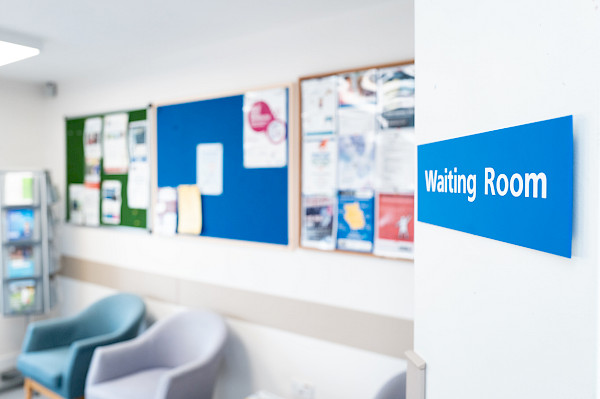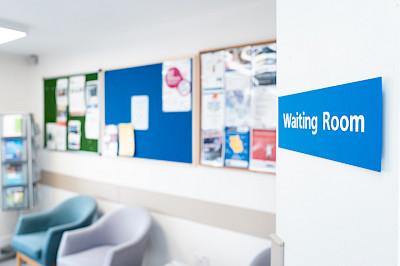
29 Apr 2025
A comprehensive academic study of NHS-funded hip and knee replacement operations from 1997 to 2019 authored by a founder member of Keep Our NHS Public, Professor Allyson Pollock, and fellow academics at Newcastle University, has exposed the damaging impact of private sector involvement in the NHS - confirming the creation of a two-tier system that benefits the wealthy while leaving poorer patients behind.
Researchers found that the expansion of private providers into NHS-funded care has reduced surgical admissions at NHS hospitals and is associated with rising waiting times for all patients.
Private hospitals are significantly more likely to be located in wealthier areas, and poorer patients - who are often sicker - are less likely to be admitted, as private providers with limited facilities routinely cherry pick healthier patients.
With NHS capacity squeezed, those on lower incomes are now waiting longer for care, receiving less support at home, and facing greater barriers in travelling to private hospitals. On average, patients treated by private providers via the NHS waited only half as long as those treated in NHS hospitals.
Crucially, the study highlights a widening inequality: the poorest 20% of patients were significantly less likely to be treated in the private sector and faced longer waiting times than the richest 20%.
Between 2003 and 2008 - when the proportion of NHS patients treated in the private sector was negligible - NHS surgical admissions rose and waiting times more than halved. But after 2008, as private provision expanded, NHS capacity fell sharply and waiting times increased across the board.
Professor Allyson Pollock of Newcastle University, said:
"The private sector is now substituting for, not adding to, NHS capacity. This is leading to reduced in-house provision, longer waits for all, and a system skewed in favour of those able to access private facilities with NHS funding."
Graham Kirkwood, co-author of the study, added:
"This period marked the development of a two-tier system within the NHS - where patients receiving NHS-funded treatment in private hospitals enjoy faster access than those remaining within the NHS system."
Dr John Puntis, Co-Chair of Keep Our NHS Public and retired Consultant Paediatrician, said:
"This study reveals the grim reality of what ‘using spare capacity in the private sector to help the NHS’ means in practice. It also refutes the nonsensical assertion that this is the morally correct course of action. Not just ‘working people’ but all of us deserve better. Government must heed the call to reverse its drive to build a two-tier system, committing instead to invest in rebuilding the NHS as a publicly provided service. Rather than a valued partner with shared objectives, the private sector is exposed for what it is – a parasitical and ruthless competitor."
The findings raise urgent concerns about the growing reliance on private companies for NHS services, undermining the founding principle of equitable access based on need, not wealth.
Keep Our NHS Public is calling for immediate action:
- An end to the private provision of clinical services in the NHS
- Urgent rebuilding of in-house NHS capacity to tackle waiting lists and restore equitable care
- A full investigation by Parliament and the National Audit Office into the true cost of outsourcing, the profits of private companies, and the additional income earned by NHS consultants and staff linked to this trend
This research makes it clear: outsourcing is worsening outcomes, fuelling inequality, and hollowing out the NHS from within. It’s time to reverse course.
Story courtesy of Keep Our NHS Public

